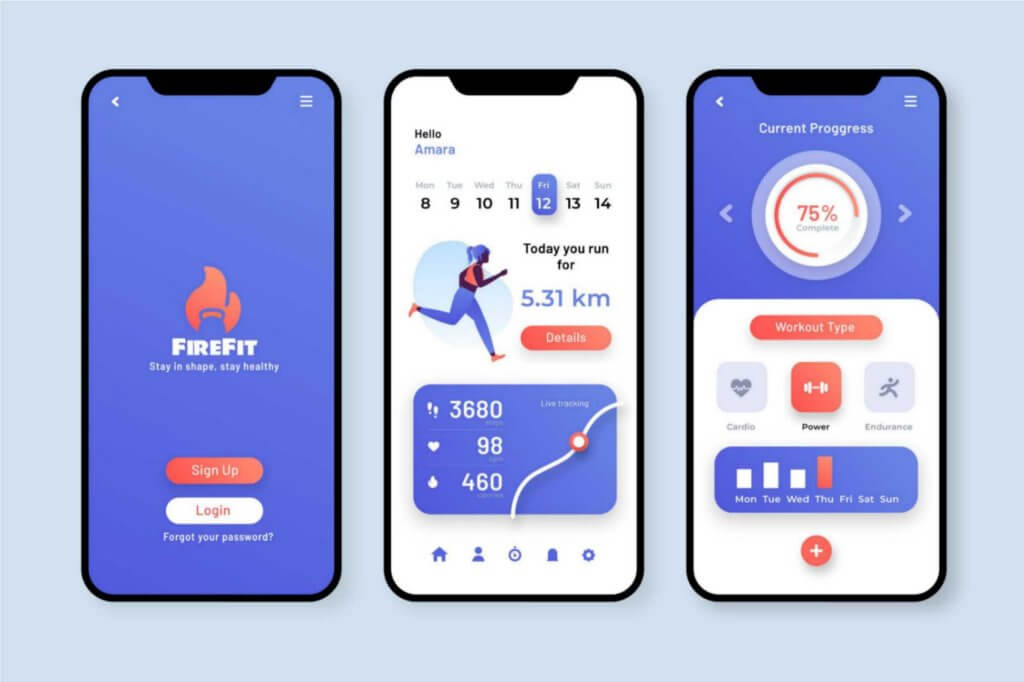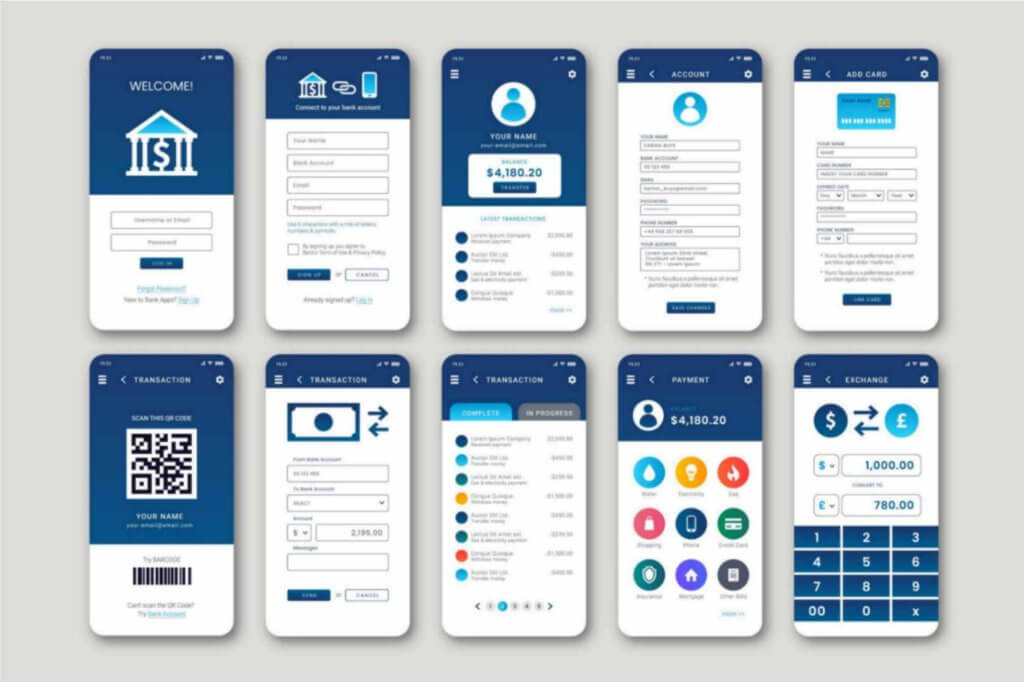Having a mobile app can have a lot of benefits as a result of the popularity and power of mobile devices, which have created a new channel for businesses to connect with their clients. Learn more about the benefits a custom mobile app could have for your company, from enhanced brand recognition to higher levels of consumer engagement and satisfaction.
Benefits of having a mobile application for your business.
Increase Your Visibility in the Mobile Market
Your company can benefit greatly from having a presence in the mobile market. It will not only provide you an advantage over the competition, but it will also help you become more visible and build brand recognition. Creating an app that caters to user demands and provides them with practical functionality will draw attention and boost downloads. Furthermore, spending money on mobile app marketing campaigns might increase visibility among potential clients.
Reach a Wider Audience
A mobile app can help you to reach a wider, more diverse audience and provide them with information about your business, services, and products. It’s a great way to showcase your brand and what it has to offer. Providing useful features like notifications about upcoming events or promotions will keep customers engaged with your brand on a regular basis, thus increasing their loyalty. Developing a mobile application that offers users the ability to register for an account or save their information for quick access will further enhance their experience and make it more convenient for them to interact with your business.

Improve Customer Engagement and Retention
Having a mobile application for your business is an effective way to build customer loyalty and engagement. By offering features that make it easy for customers to access information, you’ll be able to convert more leads into actual customers. Additionally, updates can keep users informed about new products or services available from your business, thus increasing the likelihood that they’ll come back again in the future. This will give your business a competitive edge over your competition by helping you retain existing customers and attract new ones.
Enhance User Experience and Brand Recognition
Developing a mobile app can improve user experience because it gives users a simple means to access your services, goods, and customer support. Mobile apps enable two-way contact between clients and companies. Users are able to communicate with your business in real time through this engagement, strengthening your bond with clients. Having an app for your company also improves brand awareness and exposure in the mobile market.
Collect Useful Data to Drive Business
You can collect user data with a mobile app to improve business results. This data includes your customers’ usage habits, the types of products or services they use, and visitors to your website or app. This vital information enables you to identify customer preferences and create a clear picture of their requirements. Businesses can shape product offerings, create targeted marketing campaigns, and improve customer service by understanding consumer needs and preferences.

Characteristics of a good mobile app
Good Loading Time
A good app must have a quick and responsive loading time since it improves user experiences, increases user retention, and increases conversion rates.
If possible, a good mobile app should load in under two seconds and not more than five. Users expect their apps to be stable, dependable, and quick; those that frequently crash or take too long to load will simply be deleted. Common causes of sluggish app performance include:
- An overloaded server
- Too much data
- Outdated software versions
- Bulky source code
- Unoptimized encrypted connections
When building a mobile application, consider using a reliable content delivery network (CDN), data compression, and browser caching to create a mobile app that is quick and responsive (like images, videos, graphics, and audio content). It is important to have frequent app updates and ongoing performance testing for bugs and faults. This keeps apps current with operating systems, avoiding crashes, stuttering, glitches, and other app performance problems.
Well-designed UI
A well-designed UI takes into account both the app’s overall aesthetic and its functional requirements. Even if an app offers the user a lot of value, if the UI is not straightforward, people won’t take the time to become familiar with it. Additionally, if it doesn’t seem good, people won’t stick around, making it harder to promote adoption across the board.
Delivering a solid initial impression is essential to maintaining user engagement in mobile apps because of their high churn rate. This first impression usually begins with an entertaining and straightforward user interface (UI), which is an important quality to keep in mind while you develop an app.
The user interface (UI) should be optimized for a small touchscreen since the majority of users use apps on mobile devices. In order to avoid having an overly busy or cluttered design, this entails deleting any non-essential app features and ensuring design uniformity across platforms and phone sizes.
Typography, buttons, icons, and other branding elements all need to have a consistent design style. As users move across the app, this offers a more seamless user experience and improves readability. An app’s structure should be consistent, providing the most significant material a visual advantage, aiding in information hierarchy, streamlining user interaction, and enhancing user experience.
Good Customer/User Support
It’s essential that your mobile app offers the appropriate level of user assistance if you want to create one that your employees are likely to use.
A direct chat function in an in-app communication tool, for example, is one approach to offer this. Users can now give feedback, ask questions, and solve issues with ease thanks to this. If you don’t have a dedicated customer service line, using AI-driven chatbots can be a viable substitute because they will offer a more individualized client experience. Users can rapidly find solutions to common problems by using self-help resources like a FAQ section, which is also helpful.
Built-in Features
It’s important that you can integrate all of your data when you develop a mobile application and across some of the other platforms you use for your business. Because of this, the best mobile apps feature built-in integrations, which are important to an app’s success.
Connectivity features aid in the synchronization of information required for better customer insights. Because everything is centralized, the risk of data duplication errors is reduced. When data is aligned, it allows teams to collaborate more effectively and breaks down information silos, from sales and service to marketing. This expedites decision making, increases transparency throughout your organization, and allows teams to work more efficiently.
Encrypted Data Protection
Security is an app feature that should not be considered a bonus; it is a requirement. A single security breach exposes sensitive data such as users’ names, ages, home addresses, and even banking information to attackers, putting customers and your company’s information at risk. A security breach can also cost a company thousands of dollars in clean-up and recovery costs, as well as significant financial damage from lost customers and a tarnished brand reputation.
Some Data Encryption to consider:
- Designing secure code that’s easy to update and patch.
- Using code hardening and code signing.
- Encrypting all data.
- Using only authorized APIs.
- Assigning token validation with different session expiration times.
- Requiring multi-factor authentication.
- Investing in threat modeling and penetration testing for app vulnerabilities.






